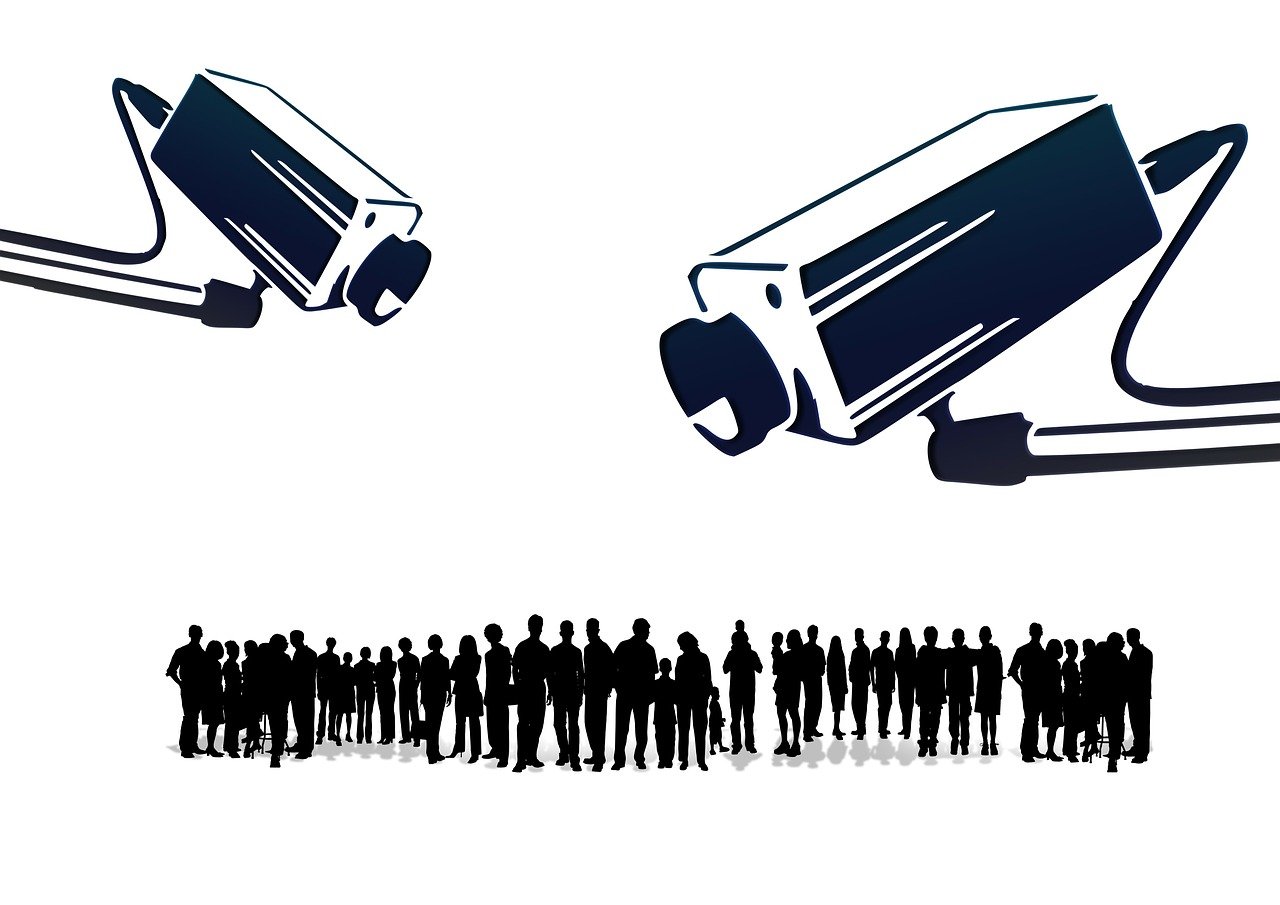Prevention of censorship is essential to ensure freedom of expression and access to information in this world of information technology. Having this power is crucial for protecting the fundamental rights of citizens and promoting the democratization of knowledge at the global level. Anti-censorship is a decentralization that is fundamental to the democratic concept. Where there will be freedom of expression and also the fight for democratization of information. It refers to the democratic process rather than the authority or control of any ruler or individual. which prevents attempts at censorship or restriction of access to information.
Within the scope of traditional financial markets, censorship can be prevented that is associated with blockchain systems. Where no specific person or organization can dominate the network. We know blockchains are decentralized platforms without censorship. This resistance to censorship is essential so that the rules that guide a network are applied equally among all users, without the possibility of manipulation for their own benefit. In case of crypto we see where transactions are not controlled by any individual. However, there are several techniques and tools to promote censorship resistance in the field of cryptocurrency. Some of them are:
Cryptography:
We see the privacy and security of data is protected during transactions or communication in crypto. No third party is required for this communication or transaction. Even a third party cannot intercept or block the exchange of this information. which we only see in decentralized networks without censorship.
Decentralised Networks:
Because these systems are decentralized, the Internet starts with various transactions and tasks, making it very difficult to control or block them. Because here the Internet itself or peer-to-peer platforms allow content distribution more widely and without a single point of failure. So controlling or blocking these systems is very difficult.
Confidentiality and pseudonymity:
In this case it may be a technique where anonymous or pseudonymous identities are used. A user can also protect their true identity as well as help prevent potential retaliation or censorship based on their identity.
Multiplicity of sources:
When different communication channels are linked to decentralized platforms, it becomes difficult to centralize their existence and information dissemination capabilities. A more democratic process then allows users to seek out different perspectives or uncovered content.
Conclusion:
The fight against censorship is an important issue today. There are strategies for that, including the use of encryption, decentralized networks, data hiding, and legal measures to protect freedom of expression. These strategies essentially support an individual democratic process. And this democratized process allows secure communication between individuals and ensures information sharing, even in restricted environments. Decentralized network systems play an important role in that devices connect directly to each other, without the need for a central server to mediate the exchange of information. This framework helps fight censorship.
